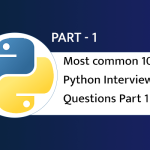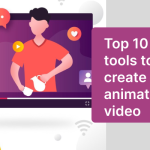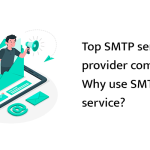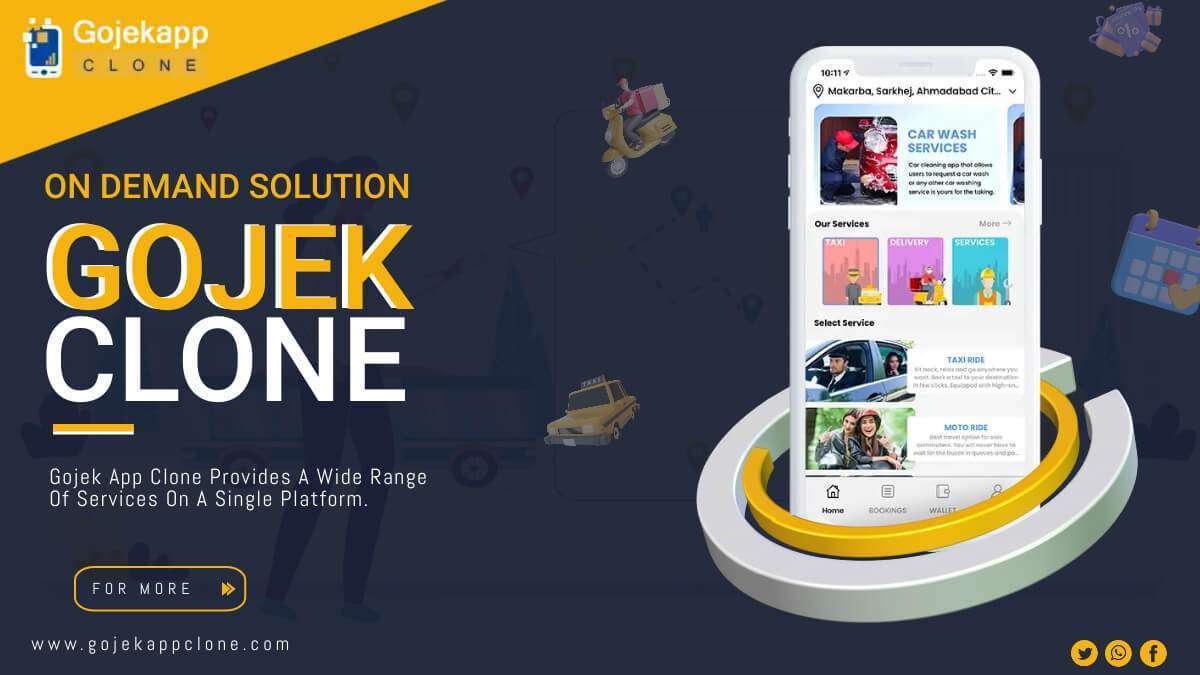These are the top mobile apps development startups marketing strategies that work for mobile app development. Learn more about targeting user groups and competitor analysis.
It is an admirable effort to identify user pain points and find a solution via a mobile app. Startups with good intentions often find themselves in a rut due to their lack of market knowledge.
Customers search the internet for solutions just like we do in grocery stores. You must verify that your offering solves user problems.
Mobile app development for startups is now an integral part of market research. It’s perhaps the most important thing to do after you have a solid idea.
The key takeaways
- To gather valuable data from customers for mobile app market research, primary and secondary research must be done. This can be done both in person and online.
- Research strategies include competitor analysis, SWOT testing, target audience research, and developing a business plan.
- While primary research is more expensive than secondary research, it provides more quantitative data than social media inquiries.
- To make the most impact on listeners, your elevator pitch must be clear and concise.
Market research is vital
Every day, the market for products is changing. Sometimes, great products are just right for the right market with the right pricing to gain maximum adoption. Microsoft’s Zune, Apple’s Next computer, and Apple’s Next were great products but failed to please customers.
Startups have limited options to take on risks when they are restricted in their budget. They should ensure that every decision they make is backed by solid research. Market research should not be a one-off event. It is a process that startups use to maximize their offerings and increase profitability.
Every day, new applications flood the market. It’s crucial to stay ahead of the game by positioning your product for maximum acceptance. Market research should include extensive competitor analysis.
Market research is a great way to find out what features customers are looking for in a mobile app. You can also get crucial UX insights from market research to differentiate yourself from your competitors.
Different types of market research
To validate your app idea, there are two types of research that you can do. These can be broadly divided into primary and secondary research. The main differences are in the amount of time and the type of insights that you get from them.
Primary research
This is the most current form of research. You can visit real customers and conduct interviews, surveys, forum discussions, questionnaires, or surveys. This type of data collection gives you the best amount of information in the shortest time.
It is crucial to understand how customers interact with similar products to improve your product. It’s important to gain valuable insights directly from the people who you’re selling to. You should have ‘explored’ the customer’s pain points and identified a unique challenge that you want to take on.
Secondary research
Secondary research is the broad umbrella that covers finding data already researched from external sources. Much of the information you find online is secondary research. Secondary research includes every statistic, estimate, or other information you may find.
To get a better understanding of the market, mobile app market research involves gathering lots of data through secondary research. Primary research is often the best way to gather conclusive evidence that will support your app idea.
Mobile app feasibility research strategies
A side-by-side approach is required to identify the most common market practices to develop an app idea. Startups often have a limited budget, so it is best to combine all the strategies you can to quickly get app approval.
These are the top practices to help you spend less time researching and build your app with conviction.
Defining your target audience
Market research begins with understanding who your target market is. It is important to let go of your initial assumptions about your ideal customer. You can also use customer demographics to help you determine the type of customers your app may appeal to and what features you might add to keep them coming back for more.
To determine if your mobile app is feasible, you need to consider demographics as well as the personal characteristics and routines of your users.
Analyzing competitors
Every app idea is a viable one, and that’s okay. Inspiration and a deeper understanding of the user’s problem are two key ingredients to generating ideas. It’s important to see what your competition is doing to gain a better understanding of your market.
Examine what works for your competitors and what doesn’t. Your idea should be able to fill a gap in the market. However, if your idea can fill a long-standing gap in the market, great. Your competitors should catch up.
Google trends is a great way to validate your ideas. It displays how many people have searched for specific keywords and phrases that are related to your product or service. It is a great way for you to improve your app idea by getting to know the people who are searching for it.
SWOT analysis
A SWOT analysis is one of the best ways to validate an app idea. It’s a favorite of investors and startup owners. SWOT stands for Strengths and weaknesses, opportunities, threats, and threats.
You can do a SWOT analysis to identify the key elements that would make the app idea a success. Also, what you need to improve or fix, how you could innovate, and the risks you see when developing the app.
There are many ways to analyze the viability of your app, but SWOT analysis is the best way to see the current state of your app-building strategy.
How to create an elevator pitch
Sometimes, our passion for an idea doesn’t come across clearly when we present it to others. It is important to have a concise pitch ready that can help others visualize your ideas quickly and fully.
Given the short attention spans of most people, it is worth spending more time perfecting your pitch before you go to investor meetings. You will feel more confident communicating your idea to potential customers, and you can get support for developing your app.
To get maximum attention for your app idea, you can share this exact statement everywhere. Particularly on your website or social media accounts where people can connect with your idea and discuss the potential benefits and need for the product.
A business plan is essential
Each app idea must be connected to a business plan. This will help the idea grow faster and reach more customers. The business plan should include the app’s sales, revenue, and profitability.
You must create a revenue model for the app you are considering. Understanding its lifetime value can help you determine the potential profitability and global reach of the app.
With us, you can find out if your business idea is the best.
Conclusion
Research into the mobile apps development startups market is nothing new. To prove a product’s viability on the market, every idea must pass a litmus test. Market research is a must-have in product development. It should be an ongoing practice and should be considered a source of inspiration for new features, opportunities, or pivoting to another market.
We spend a lot of time devising better ways to research app ideas for clients. Market research requires knowledge across industries to identify opportunities in other industries. We have been able to create MVPs that can be scaled as mobile apps for multiple clients. Contact us if you’re a startup looking to validate your app idea.
You May Also Read:
Know About Important Air Conditioner Parts
Rise of Artificial Intelligence and Machine Learning in the…
A look into how the modern world consumes sports.
9 Business Branding Terms You Need To Know











